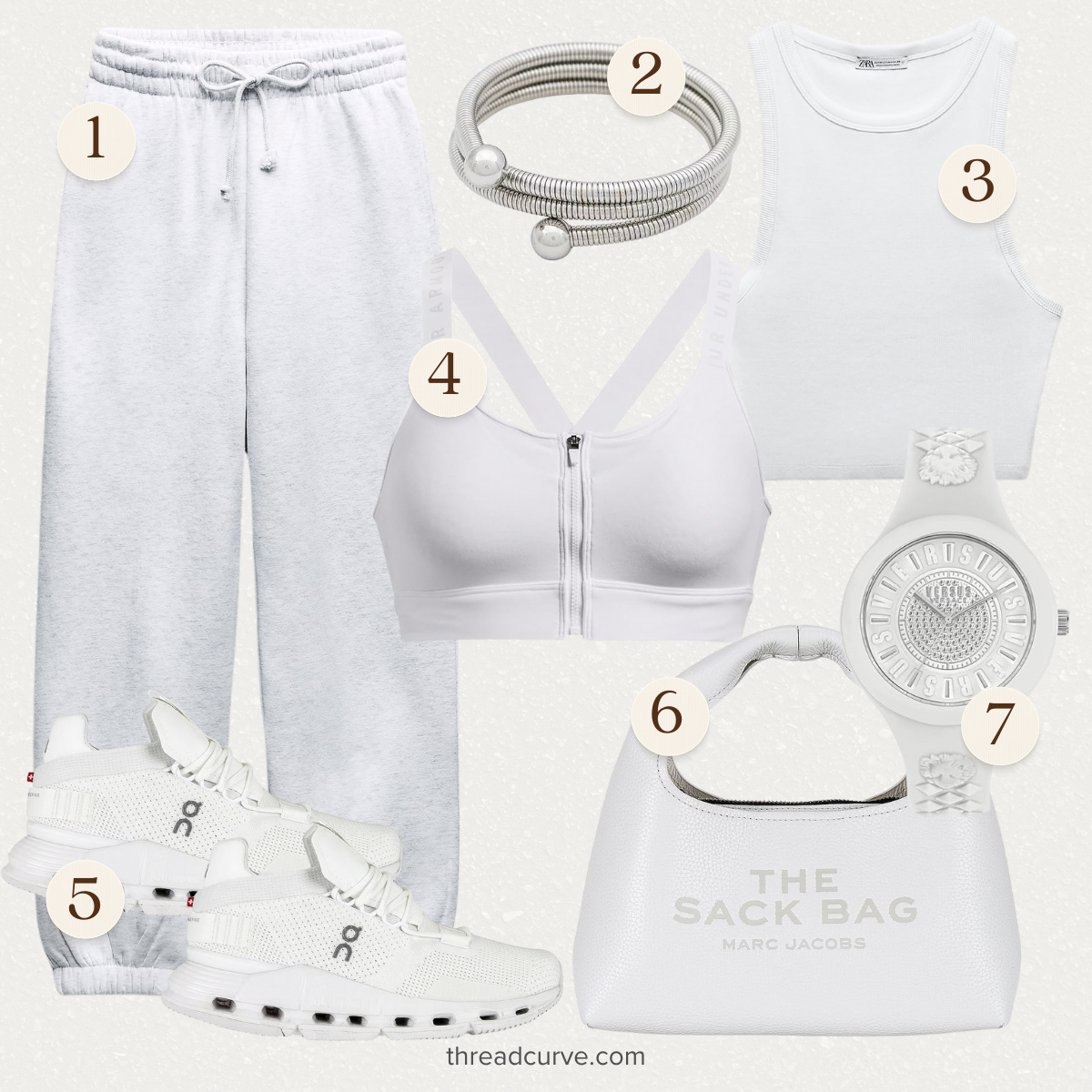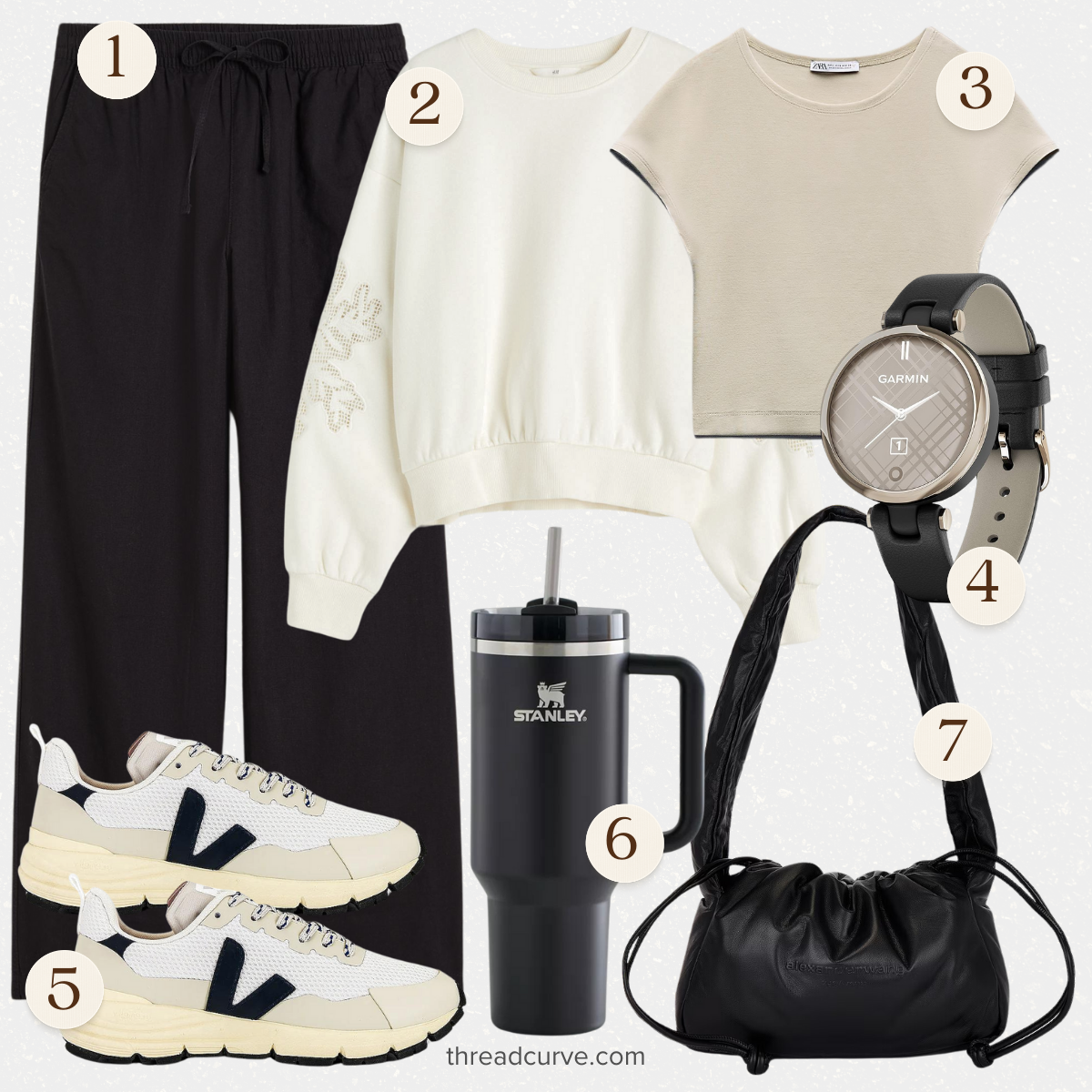
If you’re going to treat yourself to a super fancy sweater or scarf, you’re probably going straight for the cashmere. This high-end material is used in all kinds of clothing because it’s super soft and beautiful. Because cashmere is also expensive, it’s used a lot in designer clothing. But is cashmere really worth the big price tag? Is cashmere odor resistant or just a pretty, soft fabric?
What is Cashmere?
Cashmere is used to make knitted items. Before cashmere is yarn that can be knit, it’s goat hair. Yes, one of the most expensive materials in the world originally comes from goats. Cashmere is made from the soft under hairs of a specific type of goat that is found only in a certain region in Asia. The hairs are long and silky and the yarn they create is soft and luxurious to the touch.

The beauty, softness and relative scarcity of cashmere make this material incredibly expensive. Cashmere is a popular luxury material that is highly prized. But does the performance of this material match the high price? Lots of luxury materials are pretty but delicate. Is there more to cashmere than just the beauty it provides?
What Can Cashmere Do?
Cashmere is a type of wool, though it’s much more pricey than your standard sheep’s wool, which is what a lot of more affordable sweaters and knitwear items are made from. Humans have been wearing sheep’s wool as clothing for thousands of years.

Wool is lightweight but warm, insulting and yet breathable, soft and fuzzy to the touch. When it comes to performance, wool is pretty good. It’s also moisture-wicking. Wool absorbs a lot of moisture relative to its weight and keeps your skin dry even in damp weather. Wool makes excellent cold weather and wet weather clothing because of these natural moisture-absorbing and heat-retaining properties.
But wool has another interesting quality: odor resistance. It naturally resists smells and doesn’t absorb the scent of human sweat, which is a really nice bonus. Now you know why wool has been worn for thousands of years.
Cashmere shares all of these qualities with wool. It’s lightweight and warm, soft and beautiful, insulating and breathable. It’s also highly odor-resistant.
Cashmere and Odors
Cashmere has natural antibacterial properties. This means that bacteria will not form on these fibers. It’s bacteria that cause odor, so this makes cashmere highly resistant to odors. Cashmere does not absorb body odors, in fact. If you smell the material, you are most likely to detect a sort of “natural” scent, an aroma that you might describe as earthy.
If your cashmere absorbs the scent of smoke and perfumes, you can gently wash the material by hand or let it air out. Hang your cashmere in the sunlight outdoors for an hour or two and then gently wash the cashmere with baby shampoo and one cup of baking soda. Let the cashmere dry falt and once it does, any unpleasant odors should be gone.
Don’t twist, pull or tug on cashmere while you’re washing it. Distressing wool fibers like this can cause your garment to become misshapen. You also shouldn’t use heat on your cashmere. All wool will shrink when exposed to heat.
Is Cashmere Odor Resistant?
Is cashmere odor resistant? Mostly, yes. Cashmere’s moisture-wicking fibers are covered with a waxy substance that allows the fibers to stay dry and resist odor buildup. Because of this substance, cashmere is naturally odor resistant, which makes it very nice for clothing of all kinds.
Cashmere will not smell like sweat but it cannot fully resist all odor. When your cashmere smells bad, it can be hand-washed and the smell easily removed. For the most part, cashmere is odor resistant because it won’t pick up the smell of your sweat, a quality it has in common with other wools. Some wools resist odor even better than cashmere does but all types of wool have some degree of odor resistance. Cashmere is best known for its luxurious feeling and beautiful looks but like other wool, it also naturally resists odors.
Sources:
Sewing is Cool – What Does Cashmere Smell Like? (Does Cashmere Have a Smell)









